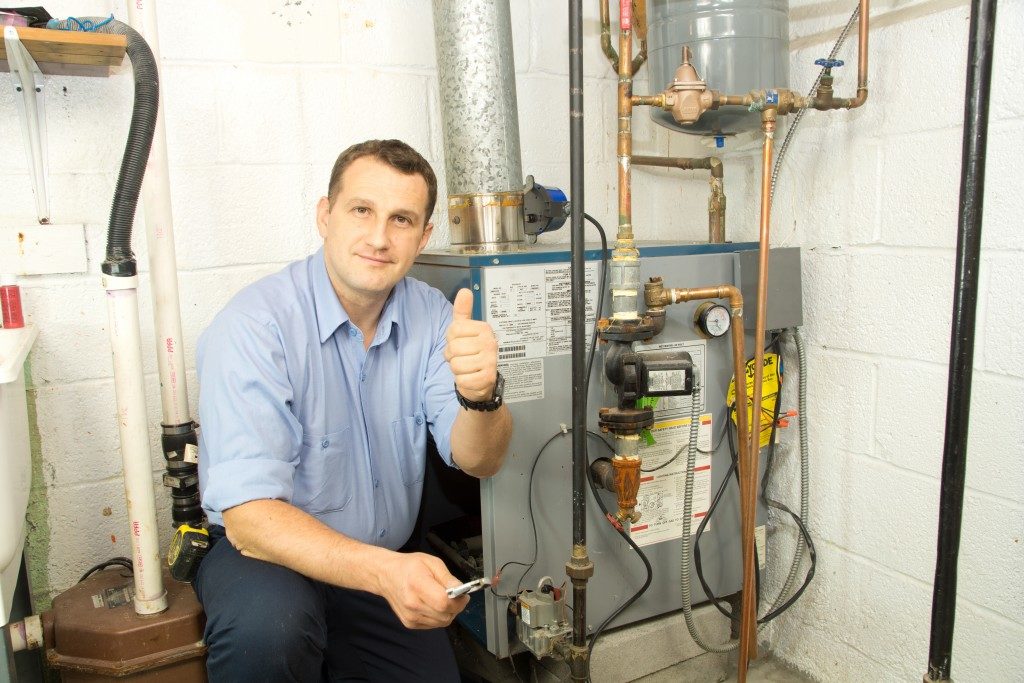Buying a furnace in Utah is a major decision. It should go without saying that you should be completely objective with your choice to get excellent results. Without putting a lot of thought in it, you might end up spending more money than initially intended and buying a replacement ahead of schedule.
To narrow your best options down, most furnace installers in Salt Lake City would recommend paying attention to these factors:
1. Fuel
Not all furnaces run on similar fuels. You can find units on the market compatible with natural gas, heating oil, propane, or electricity. Having plenty of choices is a good problem to have, but don’t pick a product randomly.
Logic says that you should select a furnace that runs on an energy source that’s popular in your area. Choosing a unit powered by a fuel that’s not easily accessible or readily available can increase your furnace’s long-term operating costs.
2. Climate
A furnace is only one of many heating systems you can buy. It’s ideal for houses in cold countries that require central heating and with existing ductwork installed. If you only need to warm a few rooms up occasionally, purchasing a furnace may not be the wisest decision. You probably just need space heaters, such as wood and pellet stoves.
3. Efficiency
In the heating, ventilation, and air conditioning (HVAC) industry, energy efficiency means converting as much fuel into heat as possible. The more efficient the unit is, the less energy it wastes.
As with that of boilers, the performance of furnaces is measured by annual fuel utilization efficiency (AFUE). Expressed in a percentage, the AFUE value represents the amount of fuel a specific product turns into thermal energy. For instance, a furnace with an 80% AFUE only wastes 20% of the fuel it burns. The most efficient furnaces on the market have an AFUE of 98.5%.
4. Size
The notion that larger equipment delivers better performance is a pervasive misconception. An overly big unit can consume more energy and fail more quickly due to its unnecessarily high power. When the furnace is too small, it can use up all the fuel inefficiently and break down fast just the same.
Proper sizing is everything. Fortunately, an experienced technician can use math to determine the most suitable furnace size for your home.
5. Maintenance
 You shouldn’t buy any HVAC equipment without thinking about preventive maintenance. Your unit’s product warranty may not cover damage due to improper upkeep. Some cleaning and troubleshooting tasks are simple and safe enough for do-it-yourselfers while others are best left to professionals. Consider the amount and frequency of care your prospective furnace needs early to set aside enough money to keep it in good shape.
You shouldn’t buy any HVAC equipment without thinking about preventive maintenance. Your unit’s product warranty may not cover damage due to improper upkeep. Some cleaning and troubleshooting tasks are simple and safe enough for do-it-yourselfers while others are best left to professionals. Consider the amount and frequency of care your prospective furnace needs early to set aside enough money to keep it in good shape.
6. Air Leakage
Perform an energy audit to identify entry points for drafts. The gaps breezes use to get into your home are the escape routes your indoor air utilizes to go outside. Without sealing them before furnace installation, you might not get the performance and enjoy the savings you’re expecting from your new heating unit.
Think like a veteran HVAC technician when choosing a furnace for your home. If you pay attention beforehand to the factors that matter, you can find it easier and more fun to compare different heating units.

